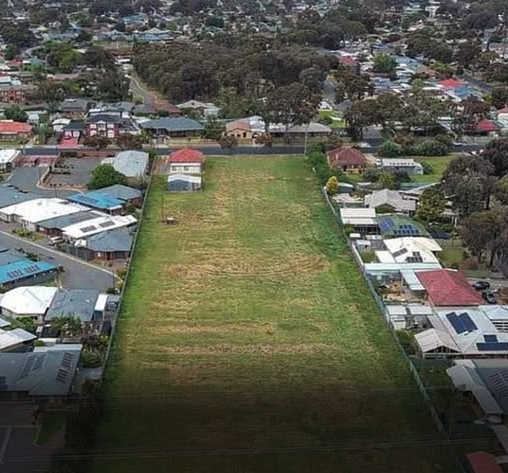Miliado Family Sells Historic Salisbury Property After Generations of Resistance
For more than seventy years, the Miliado family’s three-acre block in Salisbury, Adelaide, stood apart from the rapid changes unfolding around it. As new housing estates, shopping complexes, and schools steadily transformed the once semi-rural suburb into a bustling urban hub, the Miliado property remained untouched — a living time capsule in the middle of suburban expansion.
The family’s refusal to sell became something larger than a private decision. It was a statement of loyalty to their roots, a symbol of heritage, and a rare reminder of what Salisbury once was before modern development swallowed most of its open spaces. To locals, the land was more than just a piece of real estate — it was a story of persistence, memory, and tradition.
The Miliados first purchased the land in the early 1950s, when Salisbury was still defined by wide paddocks, dirt roads, and modest family homes. Their three-acre block was considered generous, offering not just living space but the promise of self-reliance. At the center of it stood a three-bedroom brick house built in 1955. The home, with its original fixtures, retro wallpapers, and mid-century furnishings, preserved the domestic character of postwar Australia. Out back, a large shed spoke to a hands-on lifestyle of gardening, tinkering, and quiet independence.
As Salisbury modernized through the decades, neighbors sold off their land or rebuilt with sleek, contemporary designs. Yet the Miliados held firm. Their late parents had made their wishes clear: the property was never to be sold. For decades, their children honored that promise, keeping the home and gardens intact even as apartment blocks and commercial centers closed in from every direction.
When the property was listed at AUD 3.6 million, demand was immediate and intense. More than 20 parties entered the bidding war, many of them developers eager to claim one of the last large undeveloped parcels in the area. The auction was fierce, ultimately driving the price above AUD 6 million — a figure that shocked even experienced agents.
Tom Hector, the real estate agent overseeing the sale, described it as one of the most emotionally charged transactions of his career. “For the Miliado family, this was never about money,” he explained. “It was about honoring the legacy of their parents. Selling meant closing the door on decades of history, and that was incredibly hard for them.”
Now, as the land changes hands, urban planners and developers are preparing for its transformation. Early concepts suggest the acreage will make way for modern townhouses, parks, and community spaces, reshaping the once-secluded block into a micro-neighborhood designed for the demands of contemporary city life.
For Salisbury, the sale represents the end of an era. For the Miliados, it marks a bittersweet farewell to a home that embodied their identity for generations.



